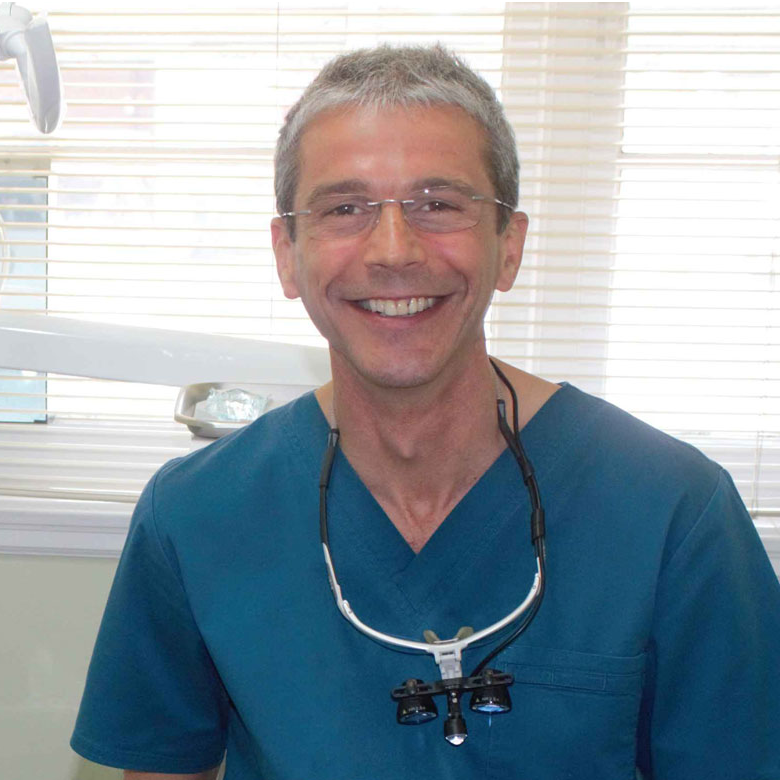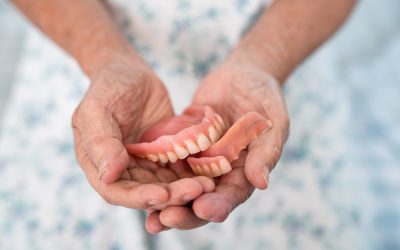At the Little Green Building, we welcome patients of all ages, backgrounds and walks of life. That includes new parents, seniors, kids and babies, and of course, millennials. Not only do we have services that cater to each and every one of our patients, but we also strive to provide everyone with the resources they need for effective and preventative dental care. Which is why we’ve taken the time to speak with Dr. Paltsev about the most frequently asked questions by millennial patients. Young people in their early twenties to mid-thirties often have similar concerns when it comes to their oral health and visits to the dentist. Dr. P has provided some insight on whether or not coffee really stains your teeth, among other questions that millennial patients always seem to be asking.
Q: I can no longer use my parent’s dental insurance and I don’t have much disposable income. How do I continue to care for my teeth if I’m on a budget?
A: Most importantly, never stop your preventative care. Brush well and floss often. The worst thing you can do would be to completely rely on chance or nature to take care of your teeth, because that’s how problems tend to happen. If you’re on a tight budget, make sure to see a dentist at least once a year. Recommended is once every six months, but one visit per year is essential. When you do come in for a check-up, have your dentist take x-rays because in most cases, are problems you might have would be subtle. They’re not going to present themselves unless it’s really serious.
Q: How can I prevent staining my teeth without giving up coffee, tea and red wine?
A: It’s true that coffee, tea and red wine can stain your teeth over time. If you like a cup of coffee in the morning or wine in the evening, make sure you brush your teeth beforehand. When the teeth are nicely brushed and don’t have any plaque on them, they tend to absorb less stain. Stains in themselves don’t cause any harm in terms of dental health. Apart from cosmetic concerns, there’s really no disadvantage to wine, tea or coffee on a regular basis.
Q: I read an article on Facebook saying that root canals are toxic and will poison your body over time. Is this true?
A: There’s no scientific evidence whatsoever to corroborate this theory. Not only is it not true, but this information could actually be damaging. A lot of people opt out of root canals for all kinds of reasons and sometimes, root canals are the only way to save the tooth. People are willing to opt for extraction instead and lose the tooth altogether when otherwise they could save it with a root canal. It’s true that root canals need to be done well and they require a certain expertise. If you need a root canal and would like additional information, your dentist can to refer you to a specialist, called an endodontist.





